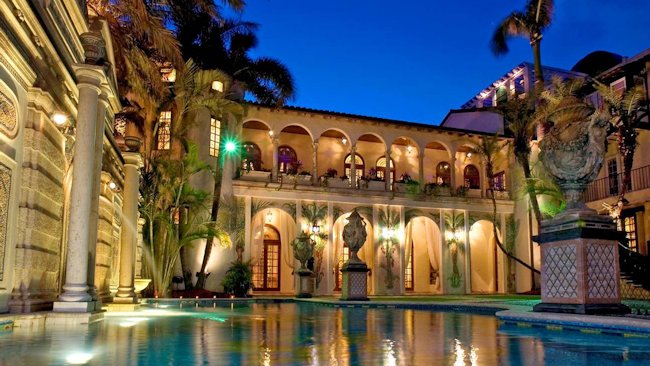In China, traditionally there is no tipping (except Hong Kong, Macau, and Taiwan). However, hotels that routinely serve foreign tourists may allow tipping. An example would be tour guides and associated drivers.[38]
In India, tipping is traditionally not an obligation on the customer, although the practice is now more widespread than before. In budget and mid-scale restaurants and pubs, tipping is not expected, though always appreciated. Tipping for upscale restaurants and bars is comparable with international standards. A tip of 10-15% of the total bill is adequate for standard service. If a service charge is levied on the bill, an additional tip is deemed necessary only for exceptional service.
Tipping is more common for services involving manual labour - like the functions of a bellhop,or a porter. The amount is at the discretion of the tipper, depending on effort and the care taken while handling. A tip of 1 U.S. dollar is usually conservative, if not generous, in such cases. In the case of professional services, such as those rendered in a spa or salon, care must be taken to not offend the worker by tipping low. As tipping is still a largely discretionary practice, a low tip may be seen as more insulting compared to not tipping at all.
In Israel, tipping in restaurants and bars is expected, usually 10%-12% service charge.
In Japan, tipping is not a part of the culture. Japanese people are uncomfortable with being tipped, and are likely to be confused, amused or possibly even offended if tipped.
send from  u will also like myloivfe ^!^
u will also like myloivfe ^!^ 


























